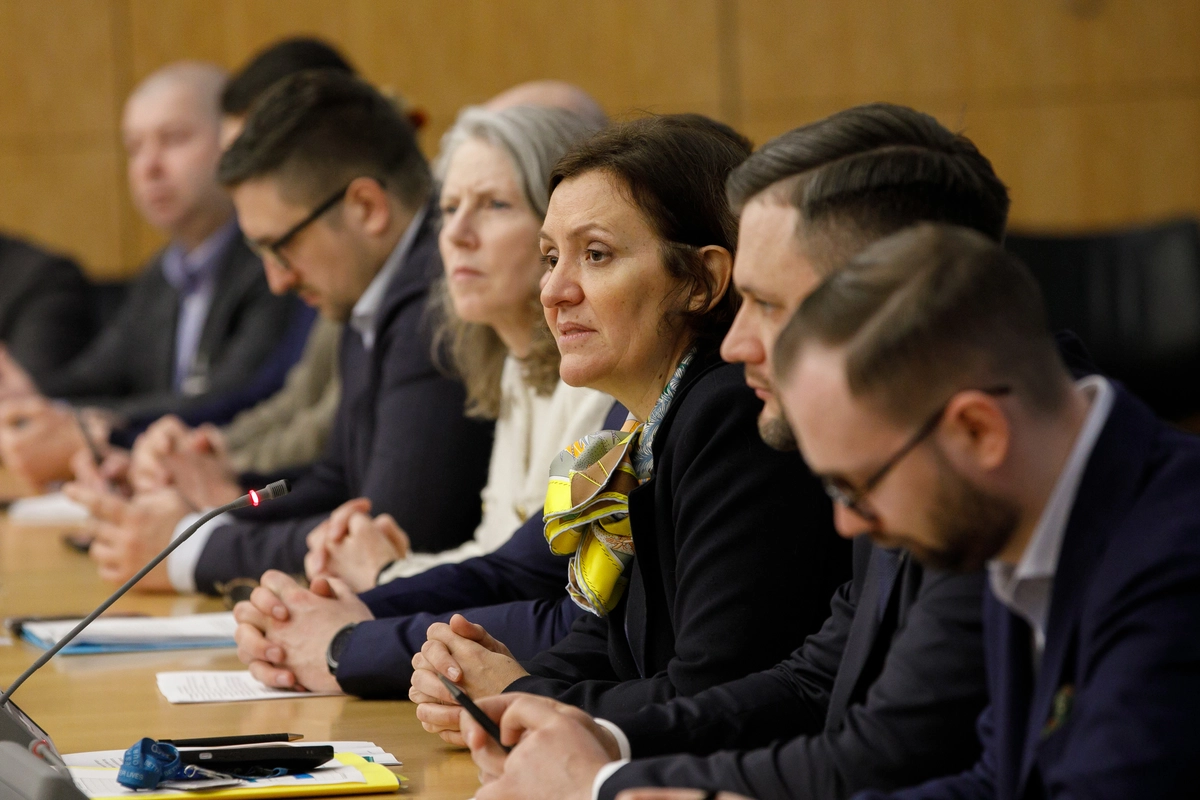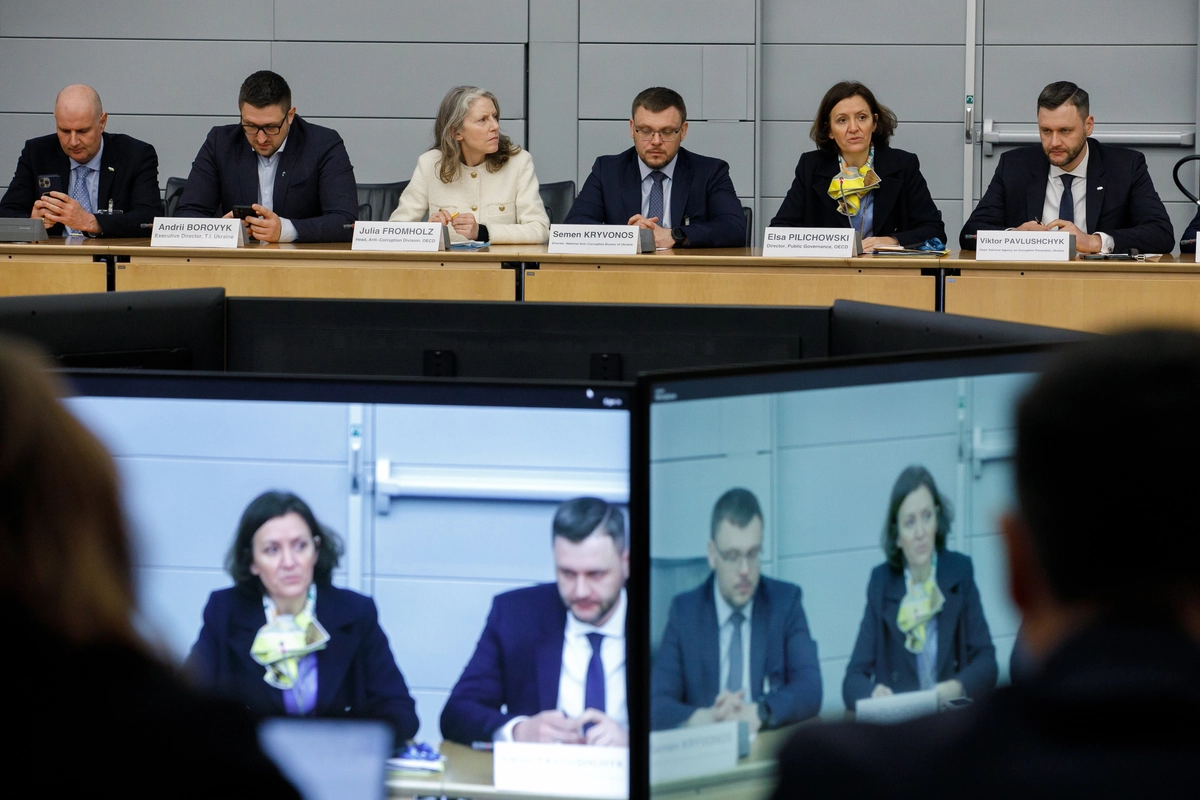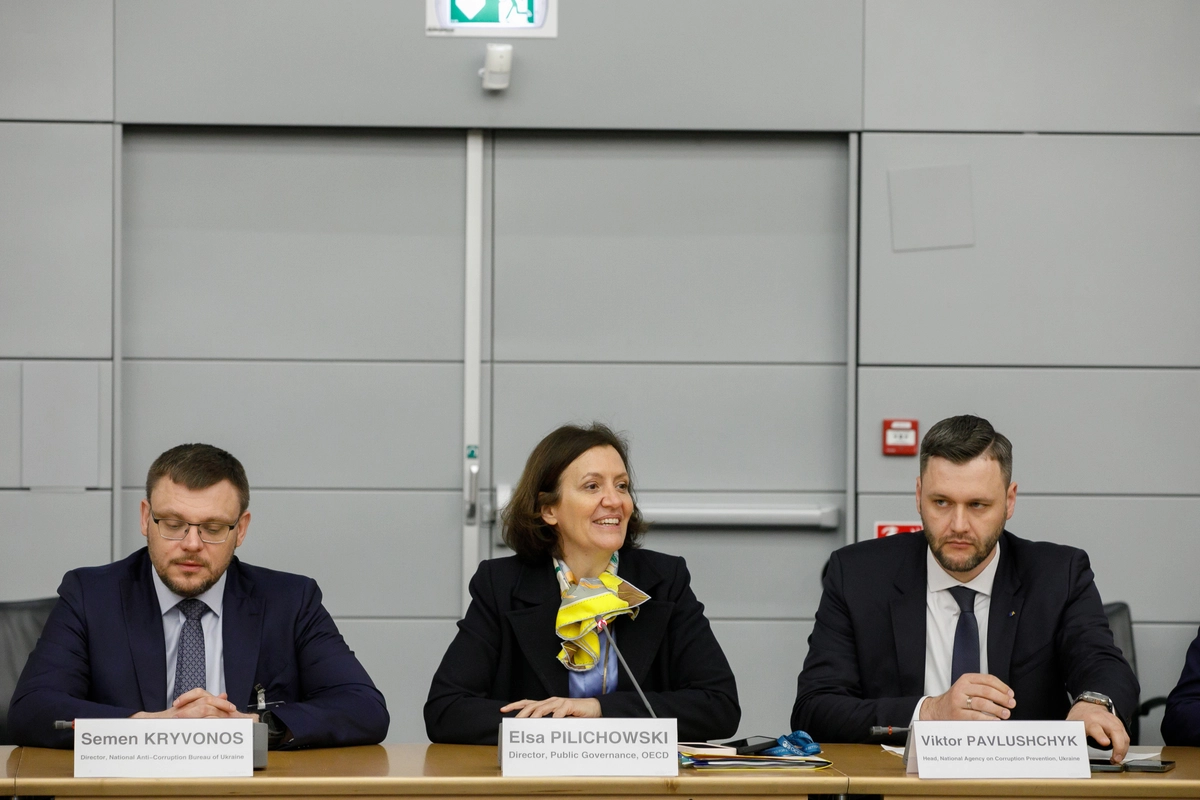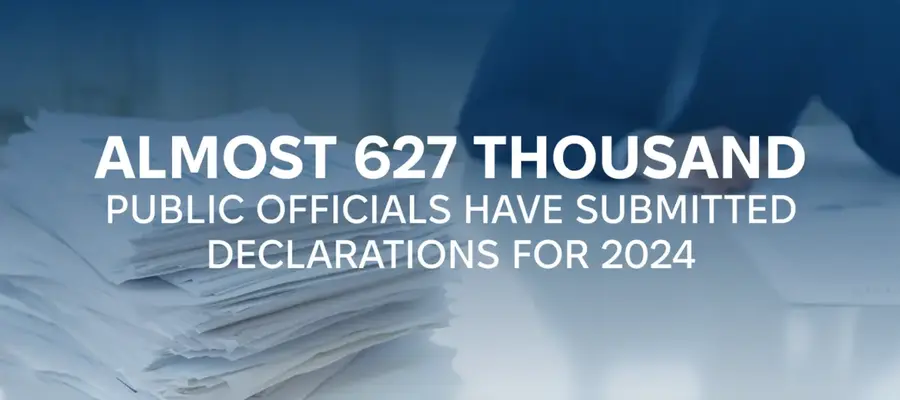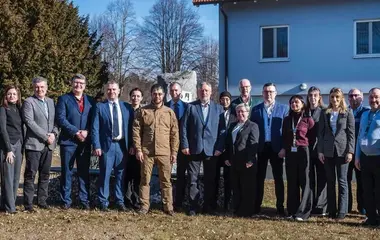Ukraine is improving and expanding its tools for preventing corruption and building integrity, even in the face of unprecedented challenges under martial law. The effectiveness of anti-corruption policy measures is confirmed by the monitoring mechanisms of international organisations, in particular, by the Organisation for Economic Co-operation and Development (OECD) Public Integrity Indicators initiative.
This was stated by Viktor Pavlushchyk, Head of the National Agency on Corruption Prevention (NACP), during his speech at the event ‘Overcoming Anti-Corruption Challenges for Ukraine in the Public and Private Sector’ held on the sidelines of the 2025 OECD Global Anti-Corruption & Integrity Forum (GACIF).
According to the head of the National Agency, almost all the mechanisms that the OECD considers key to combating corruption are working effectively in Ukraine, including the declaration of officials, verification of the integrity of political finances, special checks on candidates for office, and prevention of conflicts of interest. Since the beginning of the full-scale Russian invasion, these functions have not only been restored but also improved. For example, the effectiveness of the risk-based approach to verifying e-declarations has increased significantly, allowing more irregularities in the disclosure of public officials' assets to be identified. Important anti-corruption safeguards, particularly in the interaction between the public and private sectors, are the lobbying institution currently being implemented by the NACP and the corruption whistleblowing institution, which has already resulted in convictions and monetary rewards for whistleblowers.
"In the context of combating strategic corruption, we have moved to a systematic and data-driven anti-corruption policy that focuses on the areas most affected by corruption. Thanks to a holistic approach, ensuring expert and public monitoring of the implementation of the State Anti-Corruption Programme for 2023-2025, focusing on the implementation of dozens of IT tools, Ukraine received positive scores for the first three Public Integrity Indicators. Preparations are underway for the assessment of the next indicator in the justice sector. In addition, the NACP is awaiting the results of the OECD Integrity and Anti-Corruption Survey, which will be presented in May and will provide a comprehensive picture of our work. These data are extremely important for the development of the new Anti-Corruption Strategy and the Annual Action Plan for 2026-2030, as well as for the implementation of anti-corruption mainstreaming in the process of Ukraine's European integration,' said Viktor Pavlushchyk.
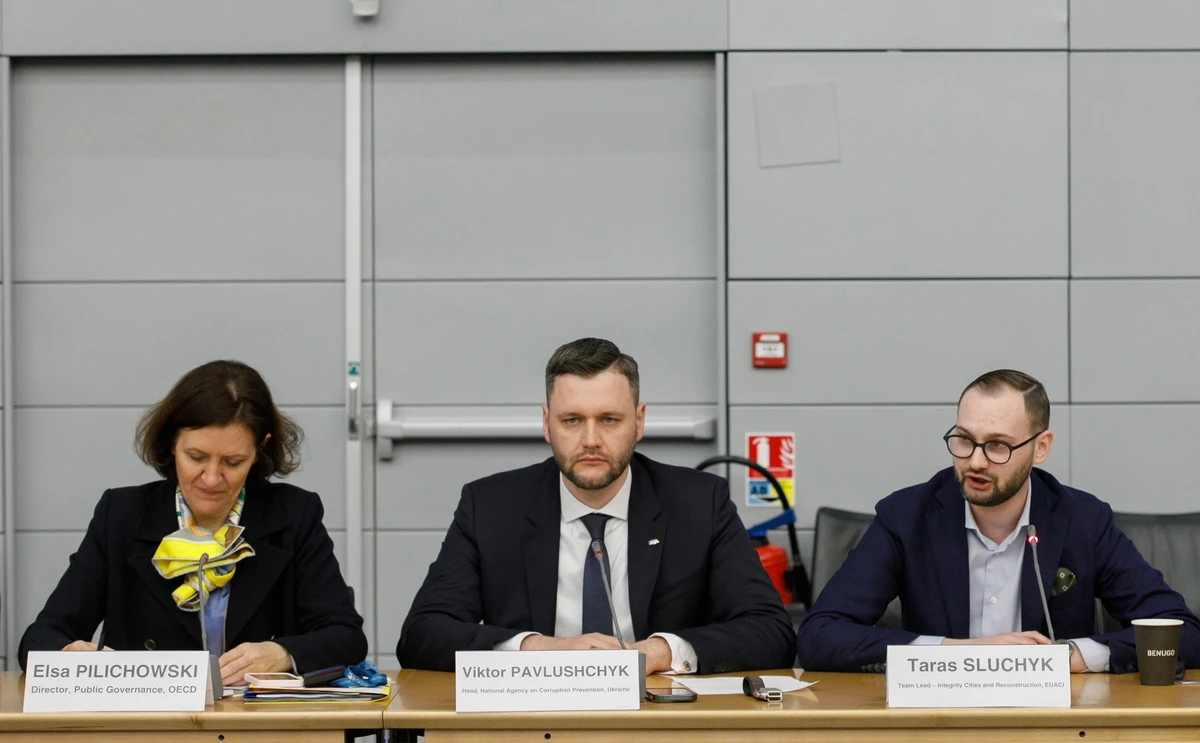
A separate topic of discussion was the changes in the culture of integrity and intolerance to corruption that have taken place in Ukraine recently. The NACP Head emphasised that since the beginning of the full-scale war, the share of Ukrainians who have a negative attitude to corruption has reached a historic record high. At the same time, the percentage of citizens who face corruption themselves has reached a minimum. According to the NACP Head, this is a result of the effectiveness of anti-corruption reforms, but the positive changes in public perception are largely levelled by the negative discourse about corruption and disinformation.
The event was also attended by Semen Kryvonos, Director of the National Anti-Corruption Bureau of Ukraine, Julia Fromholz, Head of the OECD Anti-Corruption Department, Elsa Pilichowski, Director of the OECD Public Governance Group, Andriy Borovyk, Executive Director of Transparency International Ukraine, and Taras Sluchyk, Head of the EU Anti-Corruption Initiative in Ukraine (EUACI).
Last year, Ukraine became one of the first countries, which is not a member or associate member of the OECD, to join the Public Integrity Indicators initiative, a set of indicators that reflect the level of development of integrity practices in comparison with developed countries.
